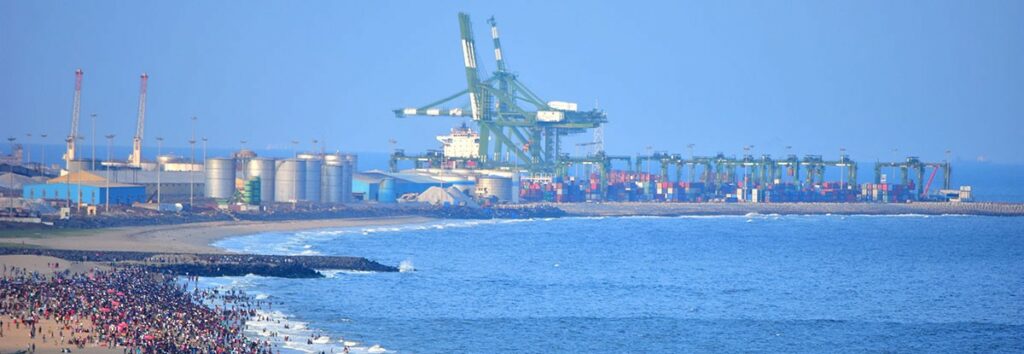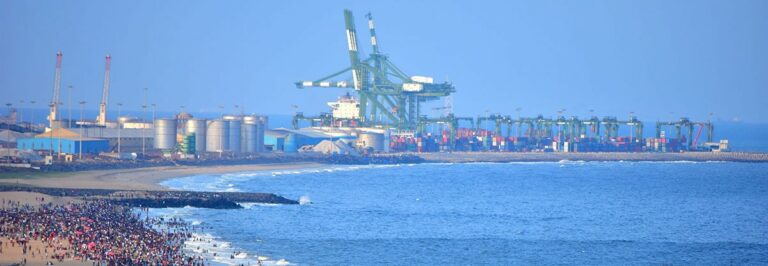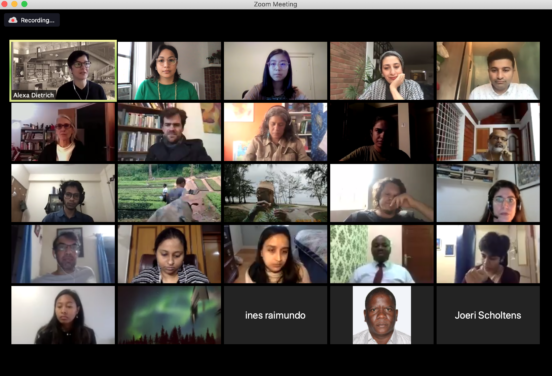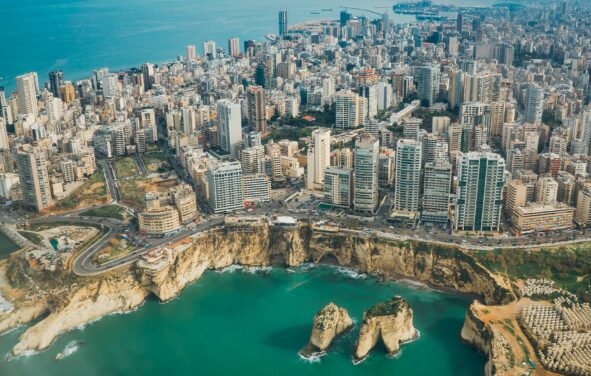The Transregional Collaboratory on the Indian Ocean is born of environmental realities—the Indian Ocean is the fastest warming ocean in the world—and principles central to the SSRC mission. The Transregional Collaboratory unites scholars across the region and the globe focusing on the implications of environmental issues such as saltwater intrusion, disruption of traditional trade patterns, and changing migration dynamics. While the Collaboratory focuses on a central location and theme, it disrupts traditional ways of understanding regional and environmental issues by bridging geographic, institutional, and academic boundaries. The program is purposefully designed to foster a new model of transnational research ethics that emphasizes South-South collaboration and supports institutions and researchers that have been overlooked by models of research funding and collaboration historically driven by institutions from the Global North.
This project emerged from several strands of topical inquiry within SSRC programs, as well as a burgeoning attentiveness to the role that funders and funding collaborators in the Global North can play in perpetuating inequalities in knowledge production in the Global South, even via projects that were nominally collaborative. The Collaboratory seeks to support novel modes of engagement through which locally situated researchers can access the resources needed to coproduce knowledge alongside international peers.
With generous funding from the Andrew W. Mellon Foundation, this program will issue its first call for research proposals in early 2020. Funded research will form the basis for the organizing of collaborative working groups over the next several years. Participants will be part of an emerging cadre of scholars generating new insights on social, economic and political dynamics across the Indian Ocean in the context of climate and environmental change.
Ways of Working
The Collaboratory provides funding to teams of researchers and practitioners to plan and execute interdisciplinary research projects that explore the intersections of social and environmental change: from the socio-cultural impacts of marine resource extraction and environmental disasters, to mobility and health in the face of profound climate change. Funded research teams are led by scholars embedded in Indian Ocean countries and consist of scholars from the social sciences, humanities, and natural sciences, as well as practitioners in a range of fields.
Through thematic working groups, the Collaboratory brings together scholars across disciplines and regions to conceptualize new ways of examining questions of social and environmental change in the region. Participants also advance innovative methods of communicating knowledge on these themes to diverse audiences. The working groups consist of researchers from the global south and their counterparts in the global north, as well as early career and senior scholars alike, as co-creators of knowledge in this collaborative exercise.
At the core of the Collaboratory’s work is a concern with the principles and practices of equitable collaboration in South-South and North-South academic partnerships and in the research context. Our grantee teams’ work is driven by a commitment to principles of mutual respect and benefit, equity in resource distribution, and fairness in the division of labor and acknowledgement. Meanwhile, our special working group on ethics will bring together a multidisciplinary team of experts to evaluate the state of the field and examine new data generated through the Collaboratory in order to put forward recommendations for improved ways of working for international research collaborations.










